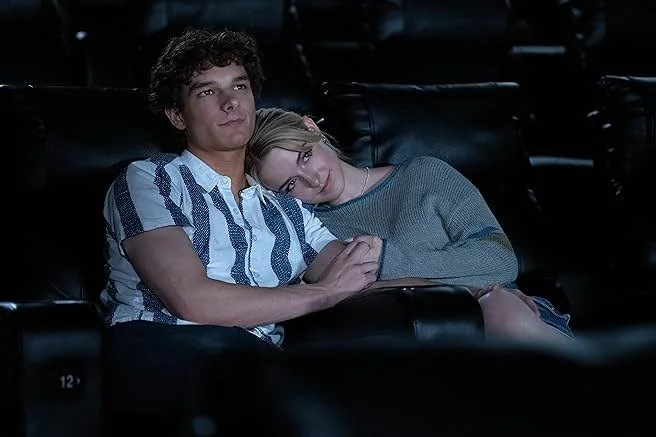In the Era of Book-to-Screen Adaptations, Are We Running out of Original Ideas?
Image Credit: IMDb
As Hollywood retreats into the comfort of the familiar, recognisable stories have become built-in insurance policies in an increasingly unpredictable marketplace. Why gamble on the unknown when nostalgia is what sells?
Book adaptations consistently outperform original screenplays by significant margins, achieving 44% more box office revenue in the UK (53% globally), 58% higher viewership for high-end television productions, and nearly three times more ticket sales for theatre adaptations.
Audiences gravitate toward narratives they already know and trust. For studios, that translates into lower marketing costs, easier promotion, and guaranteed engagement. When a title has already sold millions of copies, the storytelling groundwork and audience loyalty are built in.
Take Josh Boone’s adaptation of Colleen Hoover’s Regretting You. Following the runaway success of It Ends With Us, earning $350 million worldwide on a modest $25 million budget, it is no surprise that Hollywood is eager to mine more of Hoover’s catalogue. Two additional novels, Verity and Reminders of Him, are already slated for theatrical release in 2026. It is a textbook case of an industry chasing what is safe, replicating proven formulas rather than taking creative risks.
This trend extends beyond a single author or genre. From Bruce Springsteen’s biopic Deliver Me from Nowhere to yet another reimagining of Wuthering Heights, Hollywood’s upcoming slate reads like a curated exhibition of cultural déjà vu. Studios are betting that audiences would rather revisit the stories and figures they already love than explore unfamiliar worlds. It is the cinematic equivalent of comfort food: nostalgic, reliable, and easy to sell.
Nostalgia itself is not inherently regressive. A filmmaker can reinterpret a classic through a contemporary lens, breathing new relevance into old material. Yet the sheer volume of these projects signals a deeper cultural pattern: we are collectively drawn to what feels safe. It is not only Hollywood’s risk aversion at play, but ours too. We are not running out of ideas, we are seeking refuge in the recognisable. Hollywood’s trend of recycling is not just a business strategy, it reflects our collective desire for stability. In a world marked by political turbulence, cultural division, and economic anxiety, familiar stories provide rare emotional stability. They become anchors, helping audiences feel grounded amidst the chaos of modern life.
Nonetheless, this cycle bears creative consequences. In 2024, just 28% of major studio releases were based on original screenplays; a record low. When nearly every high-profile project is a remake, reboot, or adaptation, new voices struggle to emerge. The irony is that originality still sells. The commercial success of Anatomy of a Fall and Anora demonstrates that audiences are hungry for fresh perspectives when given the opportunity. Until studios rediscover the prowess to take creative risks, viewers will continue to see familiar stories repurposed for a new era.
The challenge for the next era of filmmaking lies in rediscovering balance. True originality does not reject the past, it transforms it. In a world defined by uncertainty, global instability, and AI-driven change, that kind of creativity may be precisely the reassurance audiences need.

